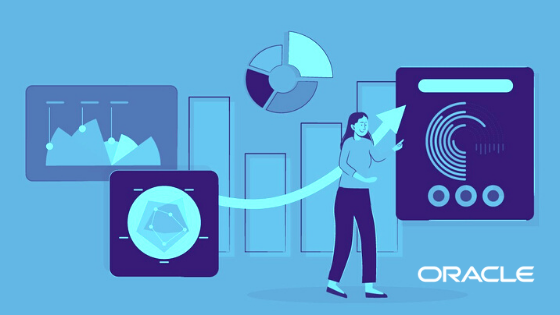Companies need AI to accelerate innovation, assess business conditions and deliver new customer experiences. But today, many organisations have not yet bridged the gap between the promise of AI and real results.
THOUSANDS AND THOUSANDS OF TERABYTES
Too many businesses get stuck in the mud when it comes to implementation; all too often, this comes down to a skills shortage. To truly realise the potential of AI, businesses must have in place advanced ways to clean, store and analyse their data. This becomes particularly tricky as the volume of data being collected expands. Enterprises collect mind-boggling amounts of data, often running into tens of terabytes a day. It's estimated that the big four tech companies store 1.2 million terabytes between them. Additionally, businesses are increasingly looking to big data and AI-driven insights to drive operational efficiencies and to answer the big questions that businesses are grappling with in the midst of the global pandemic.
THE EMERGENCE OF THE DATA SCIENTIST
As the volume and complexity of data increases, so too does the level of expertise required from data professionals. In this context, many organisations are looking to bridge the gap with data scientists. While data scientists leverage data driven insights to answer business questions in the same way data analysts do, there are a set of key differences between traditional data analysts and data scientists:
- Larger sets of unstructured data. To manage more data, they require a higher level of coding expertise as well as statistical modelling abilities
- A thicker tech stack for cloud environments. In addition to requiring advanced coding skills, data scientists must also be comfortable working in cloud environments
- A product-oriented mindset. Data scientists are often product-oriented and are required to make predictions with a higher level of accuracy and specificity
- An advanced business acumen. Because they usually work on real-world products and services, data scientists require an in-depth understanding of business problems, so a strong knowledge and understanding of their industry is also key.
OVERCOMING THE SKILLS GAP
As data scientists need a unique blend of technical skills and business know-how, there’s a real scarcity in data science expertise in today’s workforce. For many organisations, this is holding them back from realising the full potential of data analytics and AI.
To overcome this, some organisations are introducing comprehensive upskilling programmes to transform AI novices into data scientists. Others are also looking to enterprise data experts like Oracle for novel solutions to help them to bridge the skills gap.
To dive more deeply into how data-rich enterprises are overcoming the skills gap to leverage AI-powered data analytics, we are hosting a live lunchtime discussion with senior data and AI leaders from Johnson & Johnson, ViiV Healthcare, Experian and Oracle. The discussion runs virtually from 12:00-12:45 on Wednesday 8 December.
If you’re looking for myth-busting, real-world advice and success stories - this could be what you’re looking for.




Leave a Comment